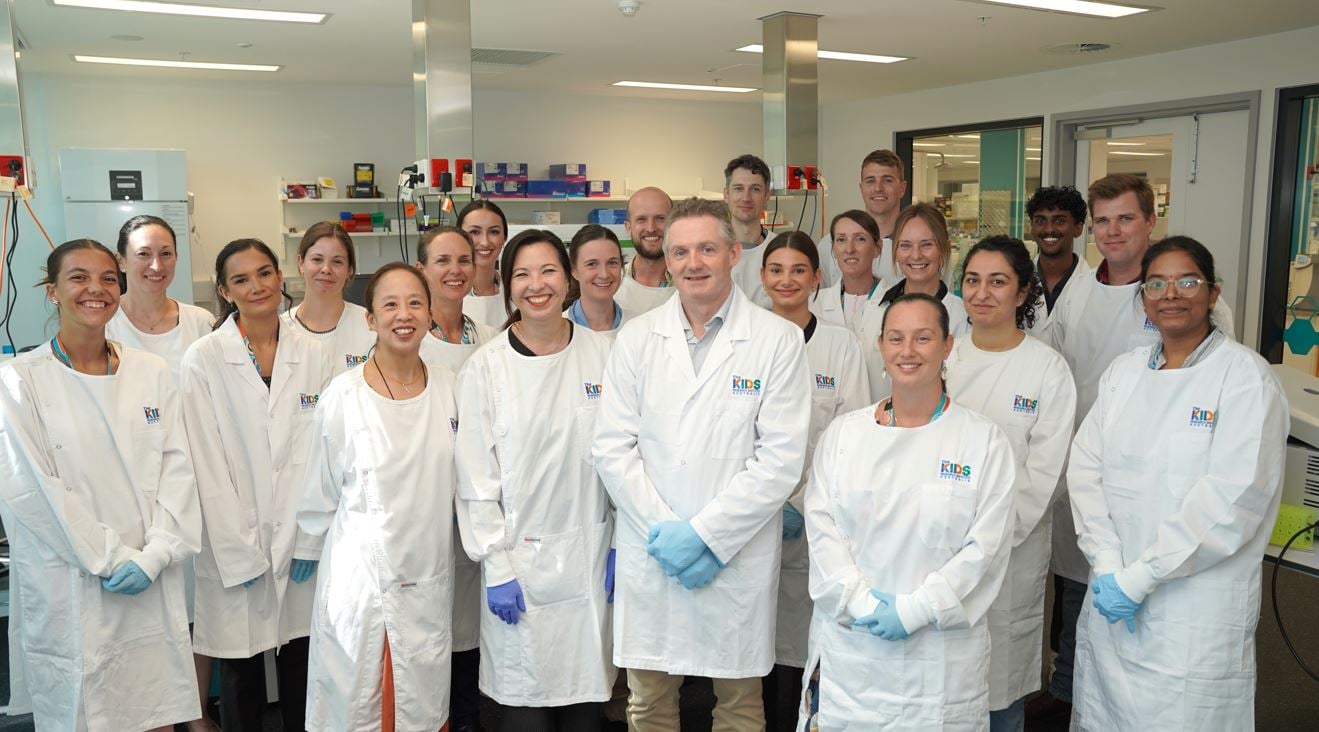Search
Recent evidence suggests that burn patients are at increased risk of hospital admission for infection, mental health conditions, cardiovascular disease and cancer for many years after discharge for the burn injury itself.
Understanding the temporal dynamics of mosquito populations underlying vector-borne disease transmission is key to optimizing control strategies. Many questions remain surrounding the drivers of these dynamics and how they vary between species-questions rarely answerable from individual entomological studies (that typically focus on a single location or species).
Previous studies on the impacts of racism on adolescent development have largely overlooked Indigenous youth. We conducted a scoping review of the empirical literature on racism against Indigenous adolescents to determine the nature and scope of this research and to establish associations with developmental outcomes.
Obesity can increase the severity of influenza infection. Data are limited regarding immune responses to influenza vaccination in obese children. We aimed to investigate the impact of obesity on quadrivalent influenza vaccine responses in children.
The Population Health Research Network (PHRN) is an Australian national data linkage infrastructure that links a wide range of health and human services data in privacy-preserving ways. The data linkage infrastructure enables researchers to apply for access to routinely collected, linked, administrative data from the six states and two territories which make up the Commonwealth of Australia, as well as data collected by the Australian Government.
Neisseria meningitidis is a gram-negative diplococcus and a transient commensal of the human nasopharynx. It shares and competes for this niche with a number of other Neisseria species including N. lactamica, N. cinerea and N. mucosa. Unlike these other members of the genus, N. meningitidis may become invasive, crossing the epithelium of the nasopharynx and entering the bloodstream, where it rapidly proliferates causing a syndrome known as Invasive Meningococcal Disease.
Oral targeted antineoplastic drugs (OTADs) are becoming more and more acceptable for lung cancer treatment due to their advantages such as the convenience of administration and milder side effects. However, medication adherence represents a major issue for prolonged OTAD treatment.
We examined whether caregivers of children/adolescents enroled in a randomised controlled trial (RCT) of a family-centred intervention indirectly achieved reductions in body mass index (BMI), and if these were associated with changes in their children’s BMI.

We strive for a future where no child will die from brain cancer because we have developed new therapies that will cure their disease.

The Children’s Respiratory Science group’s research has an emphasis on mechanisms of respiratory health in children including those that predict and underpin acute viral respiratory infections in children.
